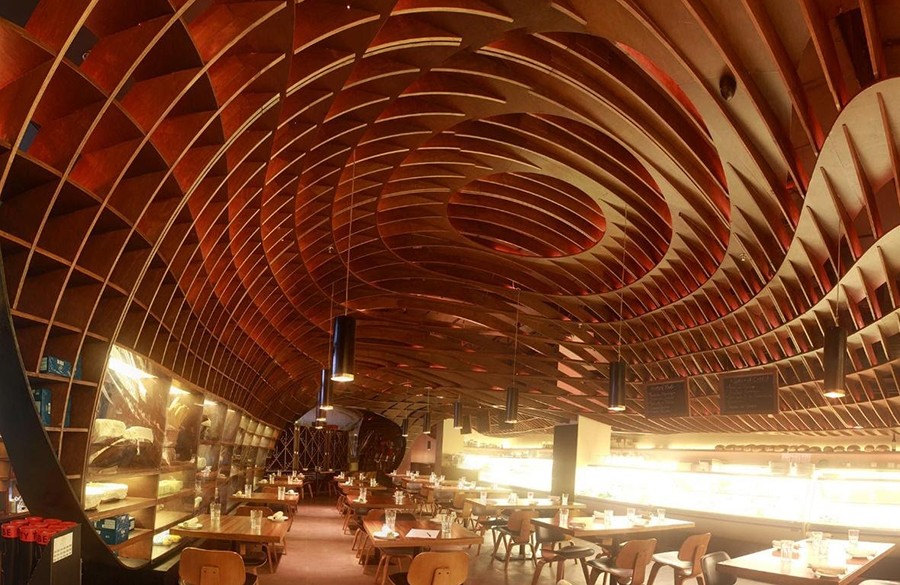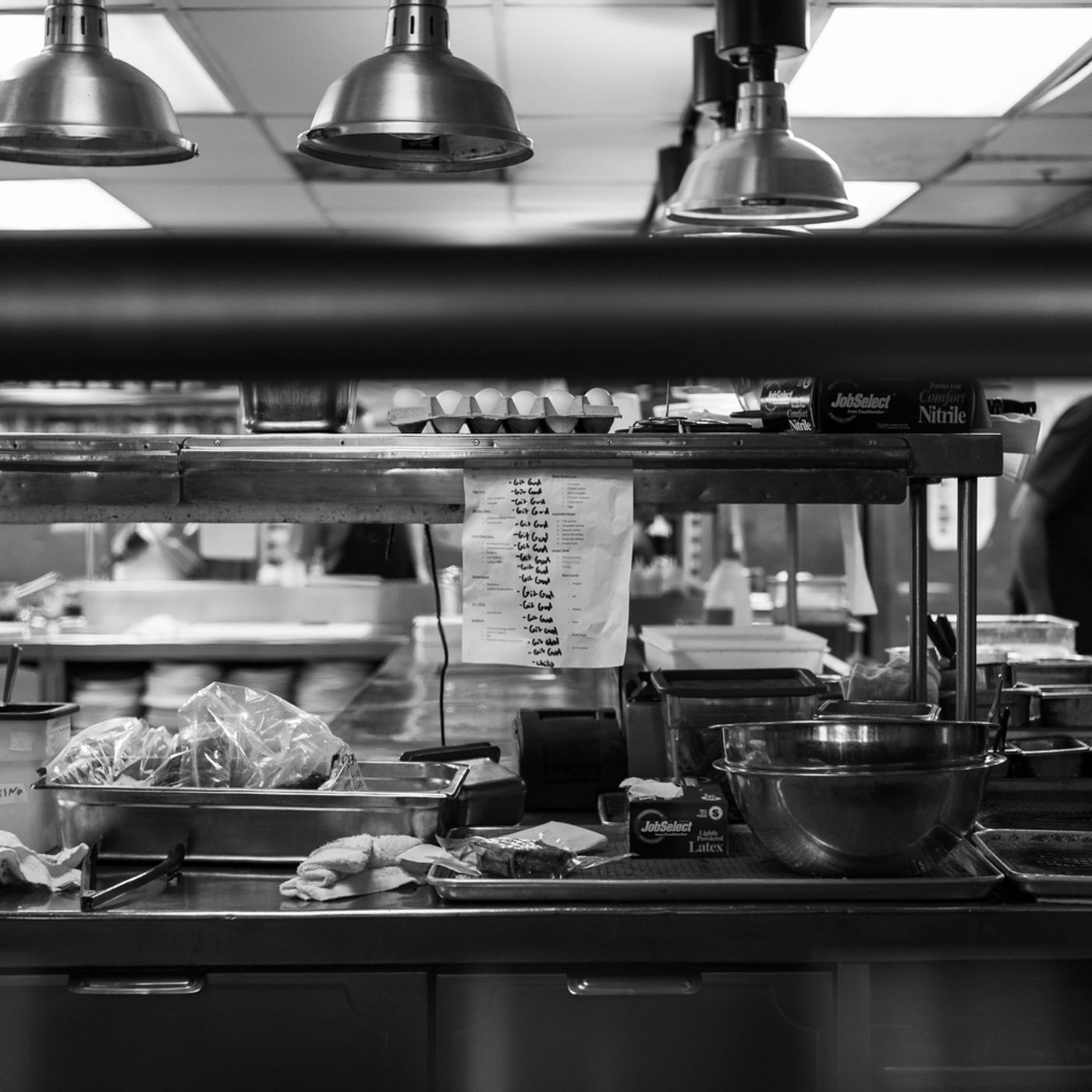In order to create a successful restaurant concept, you need to understand the psychology of your target audience and tailor your concept to resonate with their desires, emotions, and preferences. Throughout this article, we will explore how consumer psychology can assist in shaping your restaurant concept in order to better connect with your intended audience.
1. Become intimately familiar with your audience
Understanding your target audience is the first step in restaurant concept development. Take the time to create detailed customer personas, considering factors such as age, gender, income, lifestyle, and dining habits. This information forms the foundation for crafting a concept that speaks to their specific needs and desires.
2. The Power of Emotional Connection
It is common for customers to become loyal to restaurants that create an emotional connection with them. Tap into the psychology of emotions by designing a concept that evokes positive feelings. Your concept should resonate with your audience emotionally, whether it is nostalgia, excitement, comfort, or adventure.
3. The Role of Storytelling
Using storytelling to engage diners on a deeper level is a powerful psychological tool. Be sure to tell the story of your restaurant concept, whether it is a family tradition, a culinary journey, or a commitment to sustainability. Stories create a sense of identity and connection, making diners feel like they’re part of something special.
4. Menu Psychology
Menu design is a science that plays directly into consumer psychology. Consider the layout, typography, and pricing strategy of your menu. Highlighting certain dishes, using descriptive language, and strategically placing items can influence diners’ choices and boost profitability.
5. The Power of Social Proof
People are naturally influenced by the opinions and actions of others. Leverage social proof by showcasing positive reviews, testimonials, and endorsements from satisfied diners. When potential customers see that others have enjoyed your concept, they are more likely to choose it.
6. Sensory Appeal
Appealing to the senses is fundamental in restaurant concept development. Consider how the colors, textures, and aromas in your restaurant concept affect diners. Create an environment that engages all the senses, from the sight of beautifully presented dishes to the aroma of freshly cooked food.
7. Menu Engineering
Menu engineering involves strategically placing high-profit items and steering diners toward them. It uses psychological principles to influence choices. For example, placing a high-margin dish next to a popular item or using visuals like boxes or icons can draw attention to specific menu items.
8. Pricing Strategies
Consumer psychology plays a significant role in pricing. Strategies like charm pricing (e.g., pricing items at $9.99 instead of $10) or tiered pricing (offering a basic, premium, and deluxe option) can impact how diners perceive value and make purchasing decisions.
9. Consistency and Reliability
Consistency is reassuring to diners. Consistently delivering quality food and service builds trust and loyalty. When diners know they can rely on your restaurant concept to meet their expectations every time, they are more likely to become regular patrons.
10. Post-Dining Experience
The diner’s experience doesn’t end when they leave your restaurant. Follow up with diners through email, social media, or surveys to gather feedback. Show appreciation for their patronage, address any concerns, and use their input to improve your concept continually.
Conclusion
It’s more than just choosing a decor style and creating a menu when developing a restaurant concept. In order to influence diners’ choices and perceptions, you need to understand the psychology of your target audience, craft an emotional connection, and strategically use elements such as storytelling, menu design, and pricing. By incorporating consumer psychology into your restaurant concept, you can create an experience that resonates deeply with your audience, fosters loyalty, and leads to long-term success.




